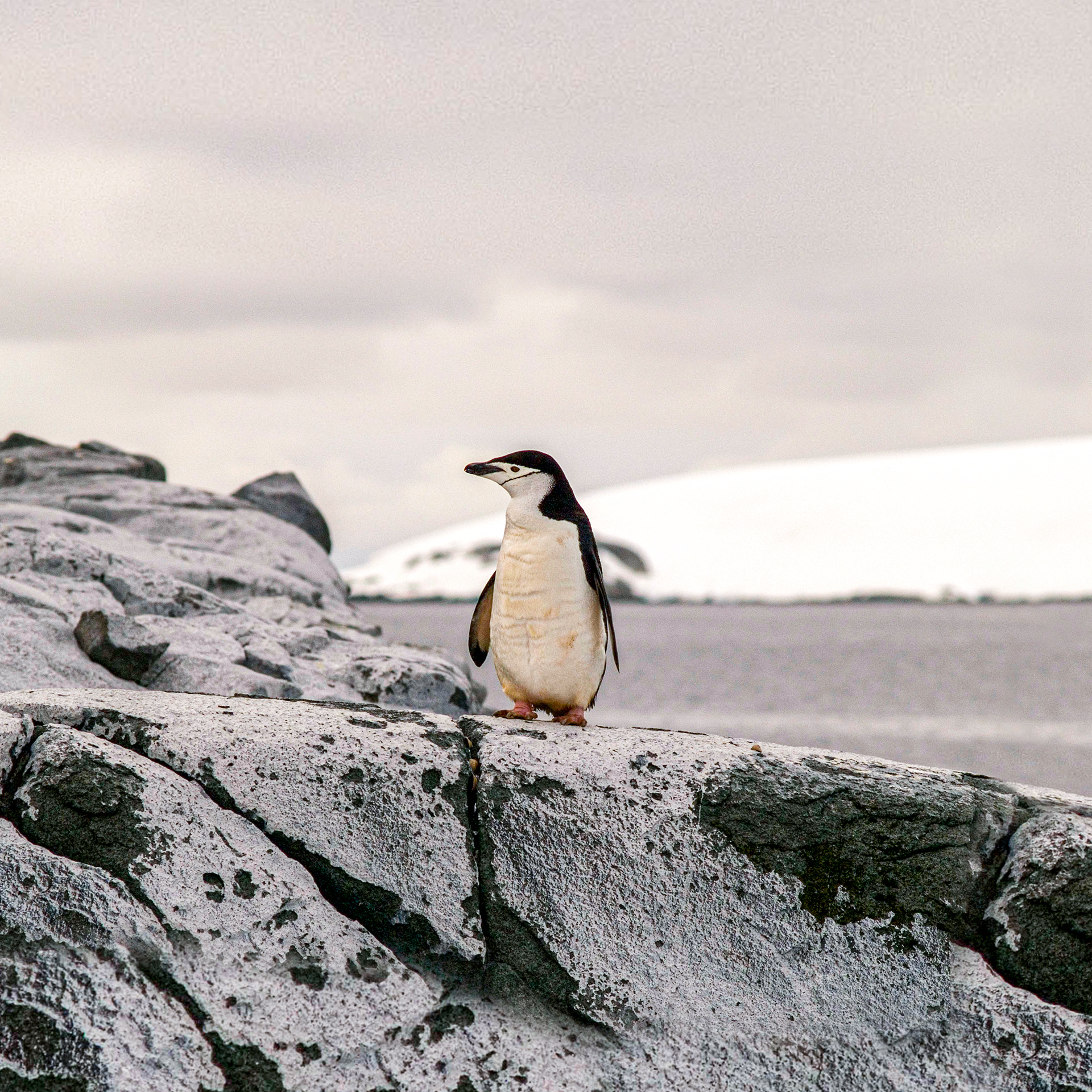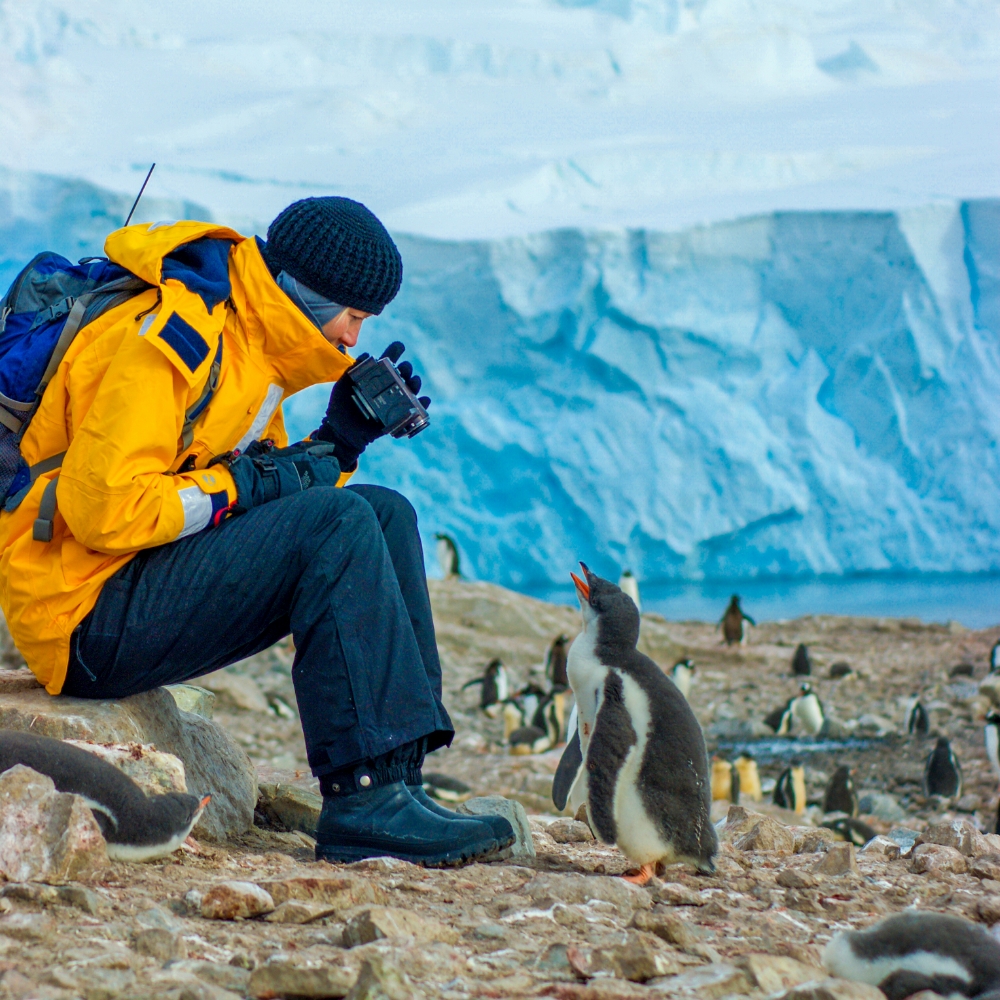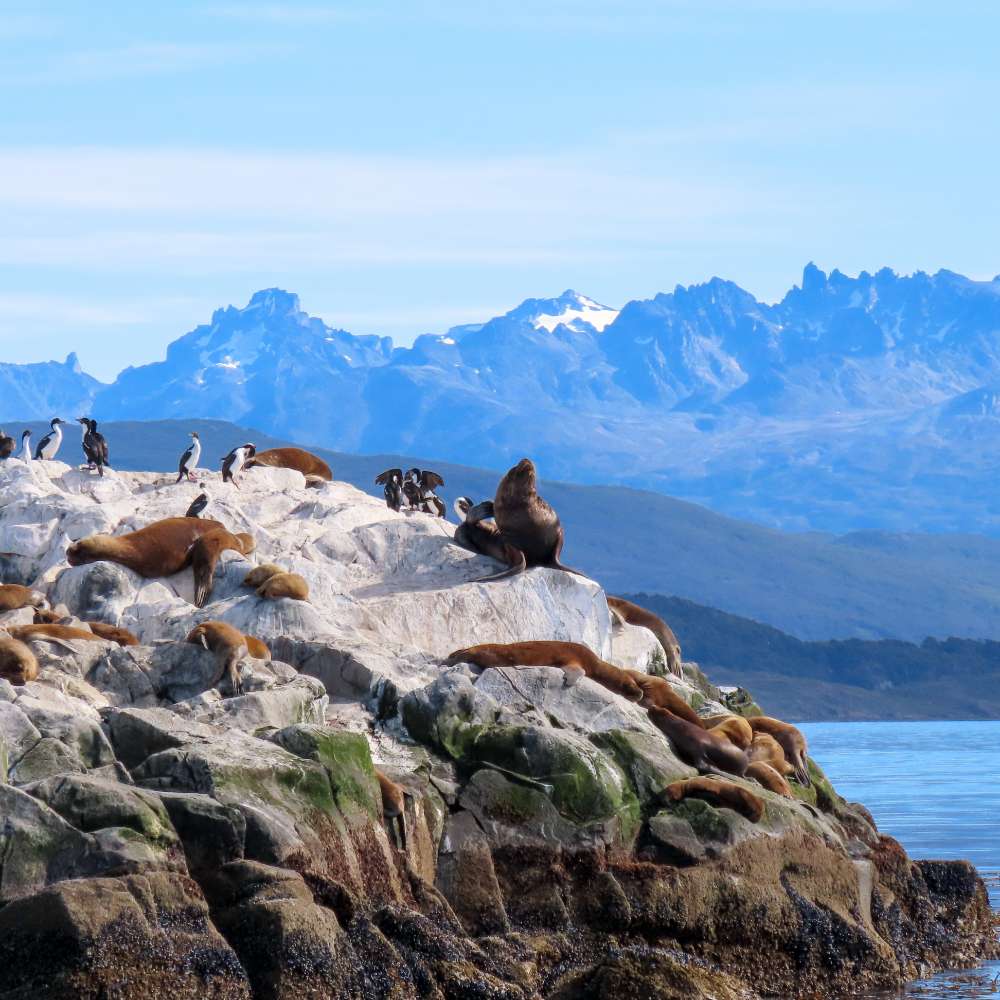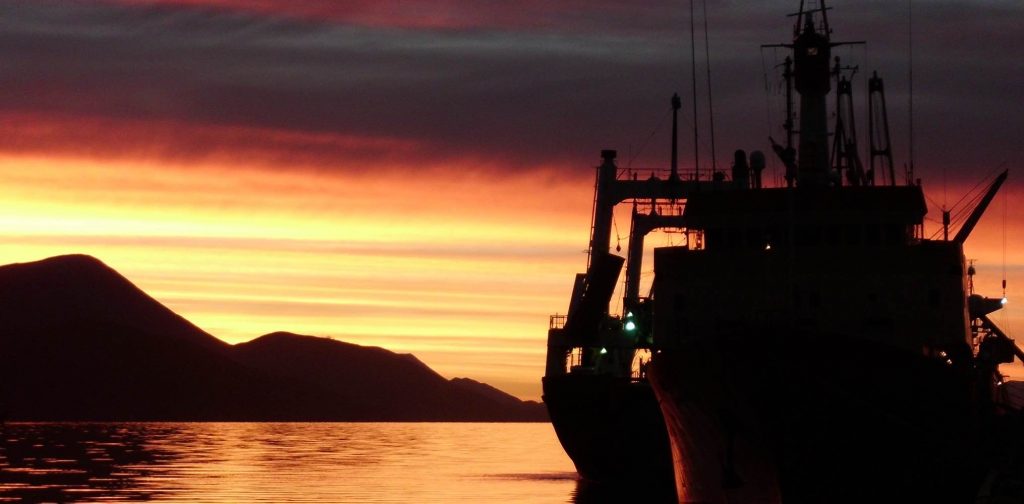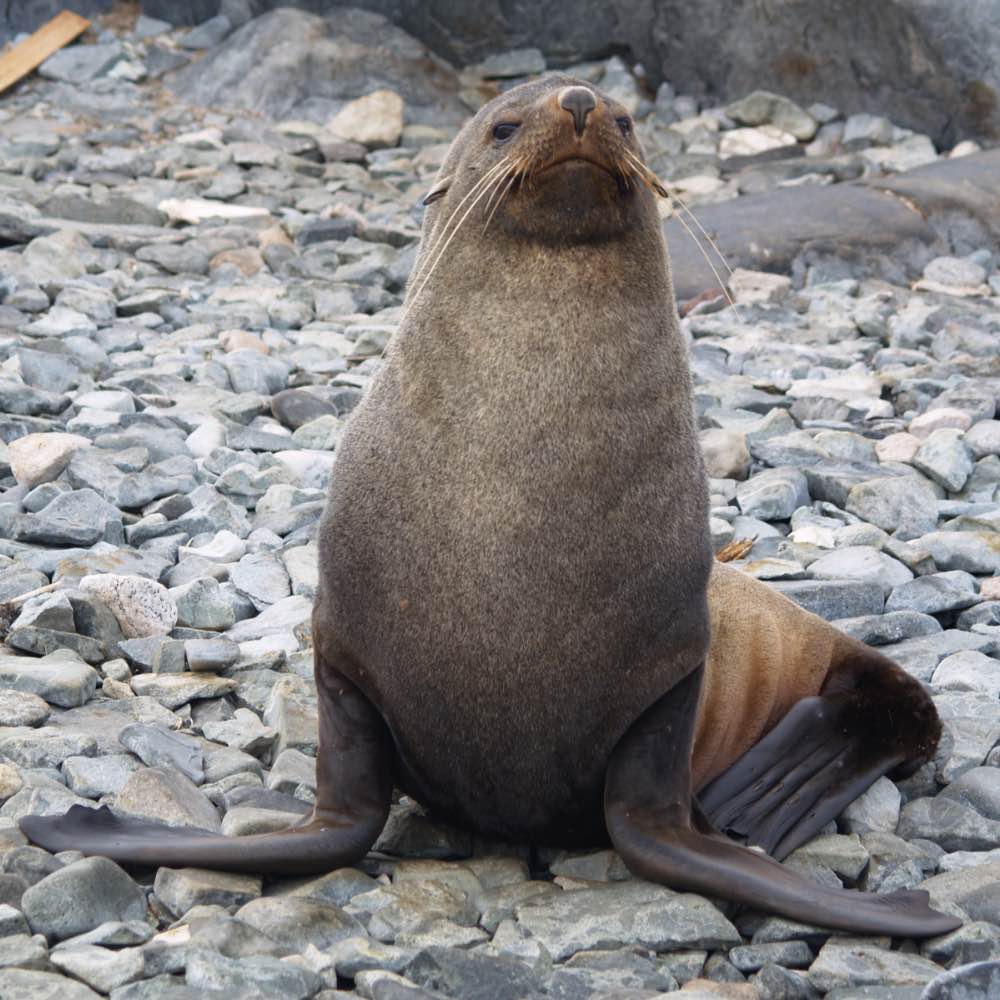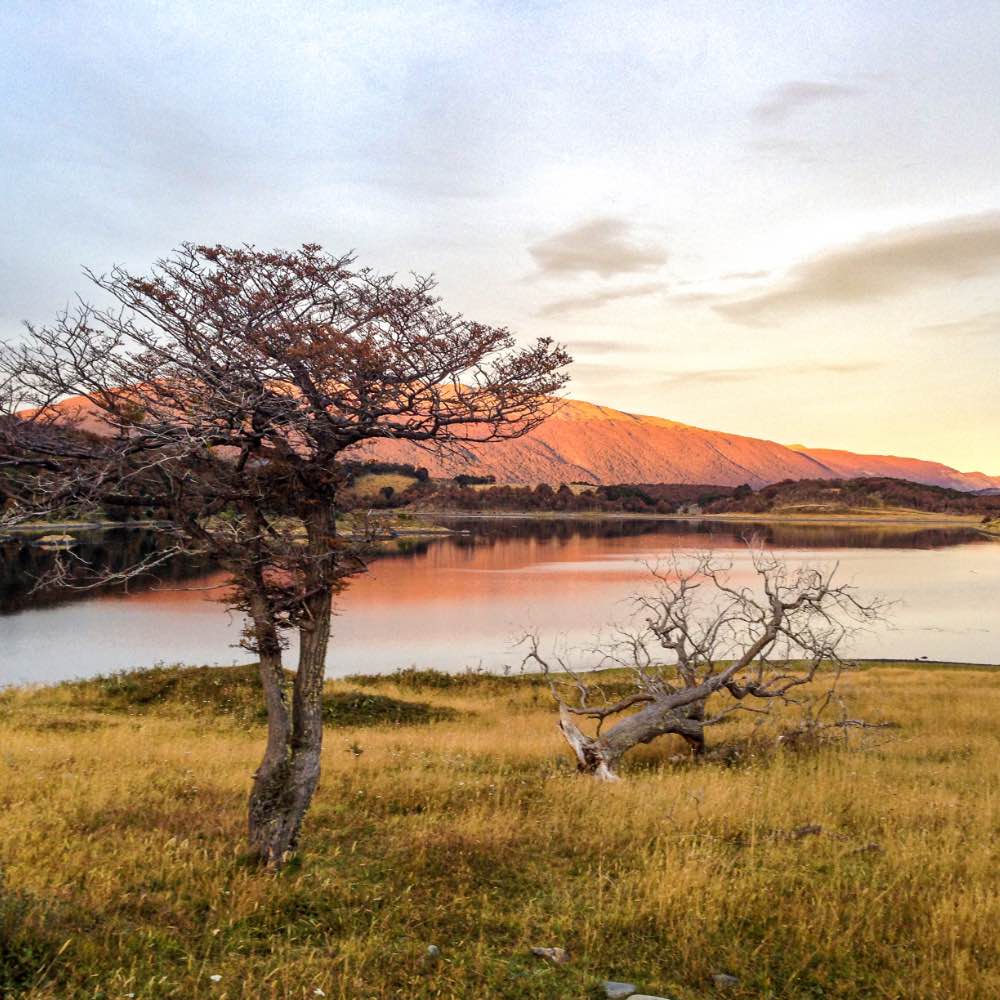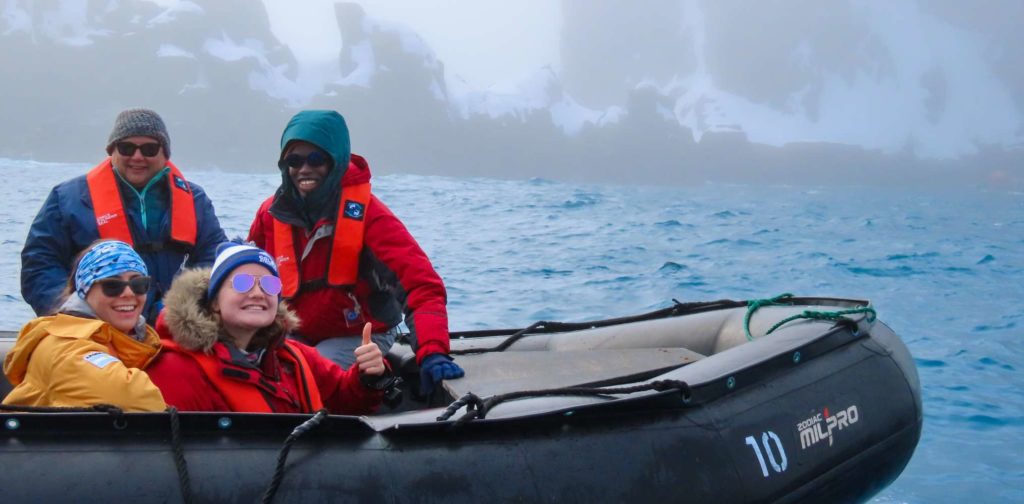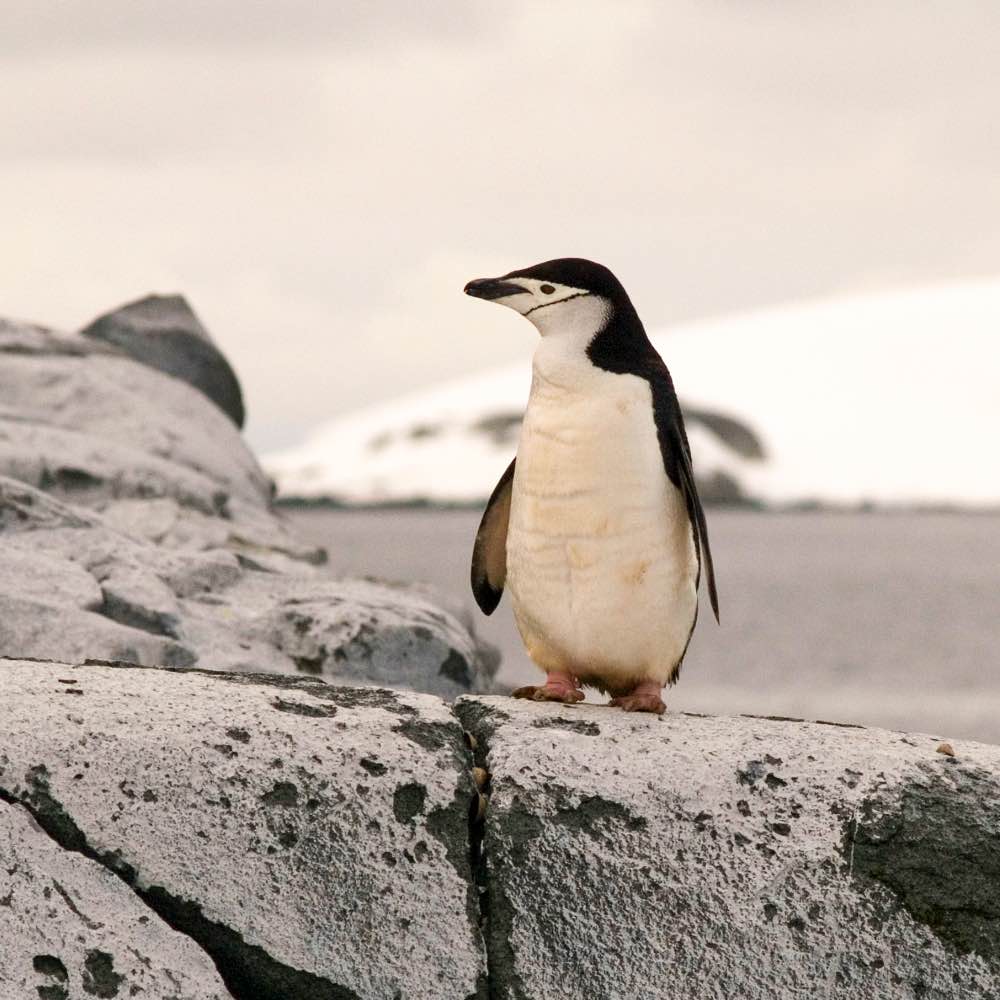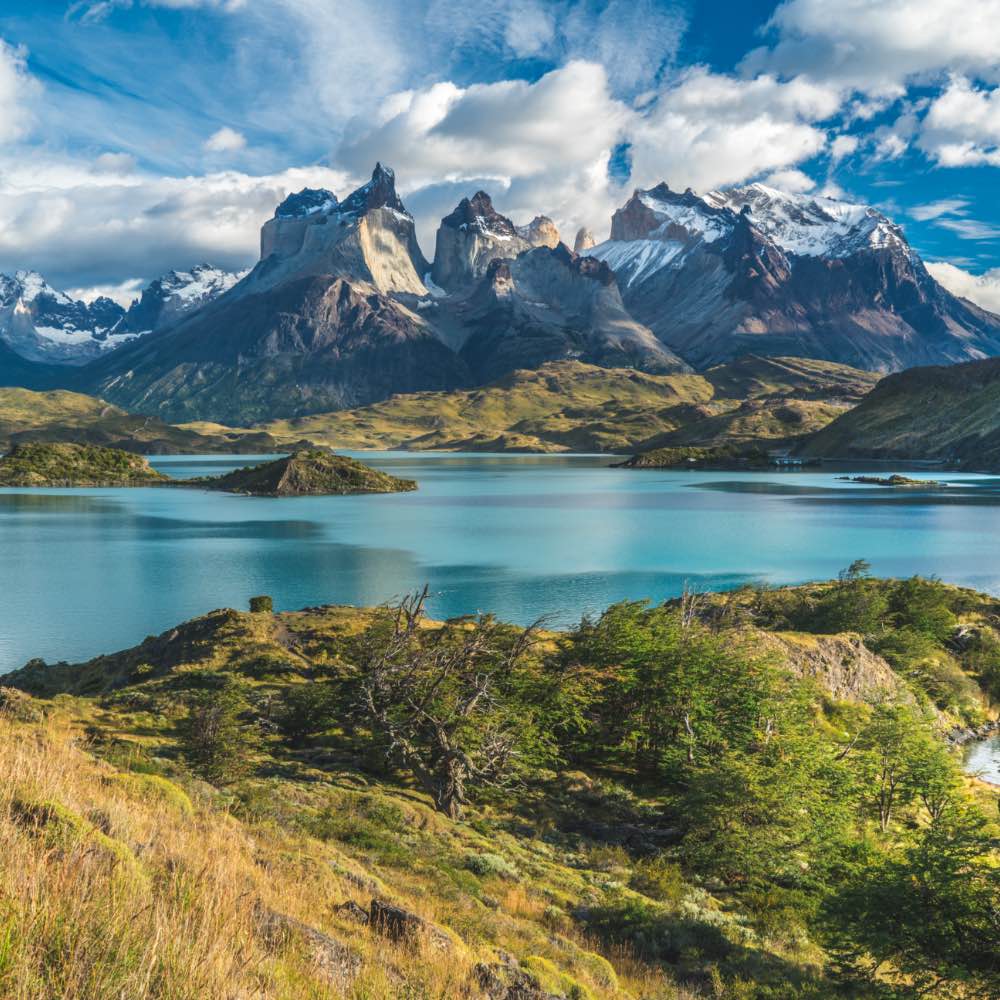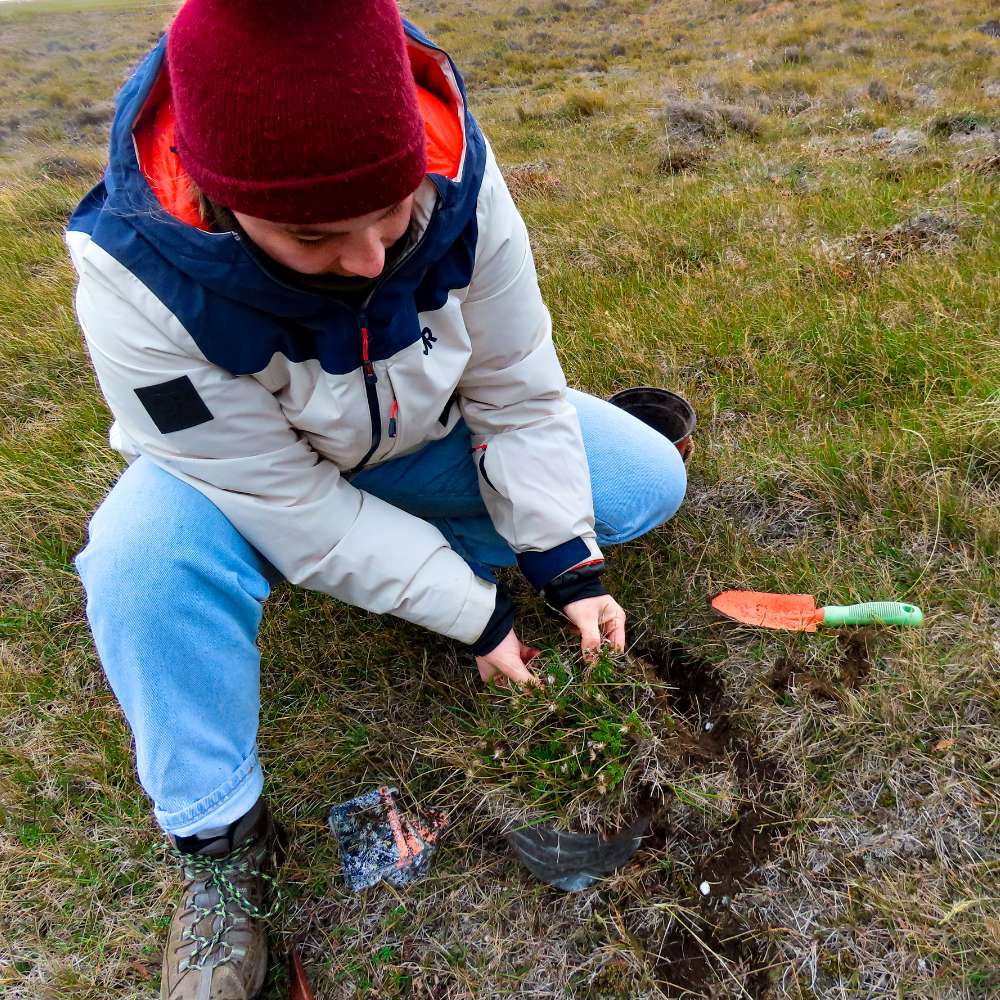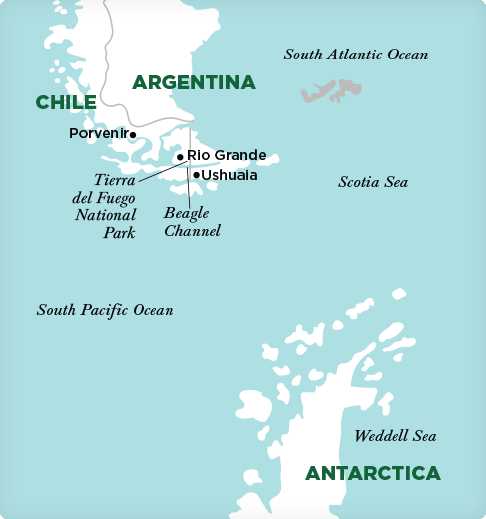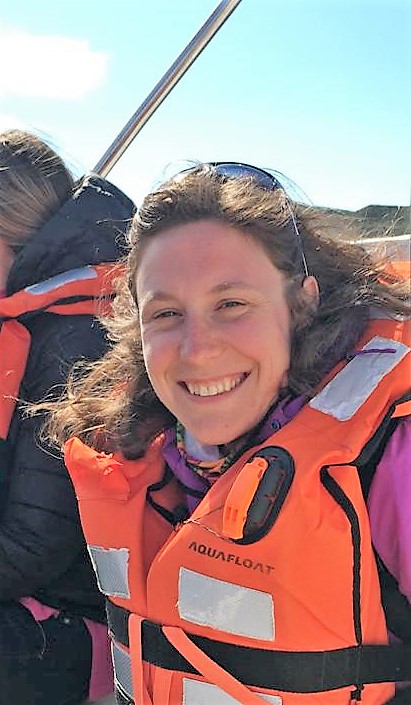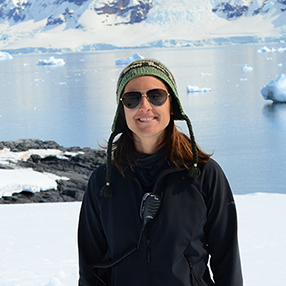Overview
Why study climate change in Patagonia?
Experience the unique environments and biodiversity of Southern Patagonia and Antarctica and examine the conservation challenges posed by the impacts of climate change and human behavior. From your home base in Ushuaia, the southernmost city in the world, you’ll discover the economic and environmental importance of this region. Learn how to apply scientific research tools and methods as you examine how climate change affects the region’s marine biodiversity.
Through site visits to the Beagle Channel, Tierra del Fuego National Park, northern Tierra del Fuego, including Chile, you’ll see southern Patagonia’s biodiversity, ecology, and conservation issues firsthand. You will also learn about scientific research methods and environmental monitoring systems as well as the complexities of managing shared natural resources.
With the knowledge and content learned during the program, you will explore the last pristine region of the world on a 10-day expedition to the Antarctic Peninsula with guided landings and zodiac cruises.
Highlights
- Discover the environmental characteristics of southern Patagonia and Antarctica.
- Examine the region’s unique biodiversity, ecology, and conservation issues.
- Explore the world’s most pristine region on an Antarctic Peninsula expedition.
- Apply scientific tools and methods to climate change and biodiversity research.
Prerequisites
Previous college-level coursework or background in environmental studies, ecology, biology, or related fields. Two recent semesters of college-level Spanish or the equivalent and the ability to follow coursework in Spanish, as assessed by SIT.
Earn a Minor
Students studying on this SIT semester-length program can choose to simultaneously complete a minor, with no additional coursework or cost. At SIT, a minor is a minimum of 16 credits taken within a content area. This standout credential can help boost your future job or graduate school applications.
SIT’s program in Patagonia, Argentina offers a minor in Antarctic studies or environmental studies. Through interdisciplinary and experiential learning, you’ll explore subantarctic and Antarctic ecosystems and their human dimensions using socioecological approaches. You will develop research and communication skills, engage with local knowledge, and join an expedition to the Antarctic Peninsula. The program emphasizes ethical inquiry, field methods, and critical thinking on environmental issues.
Find this program on social



